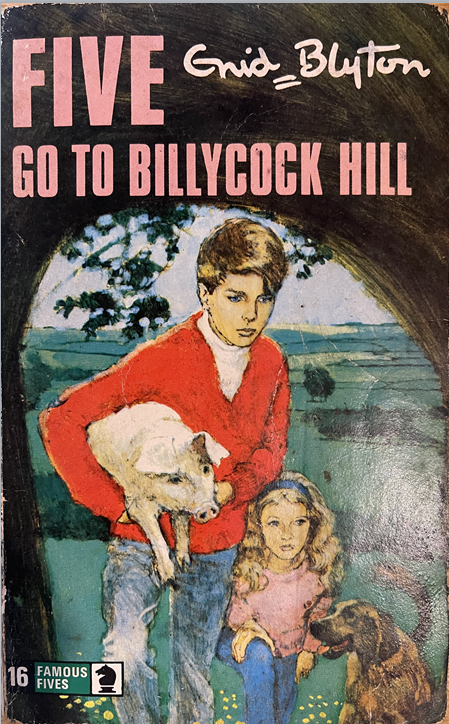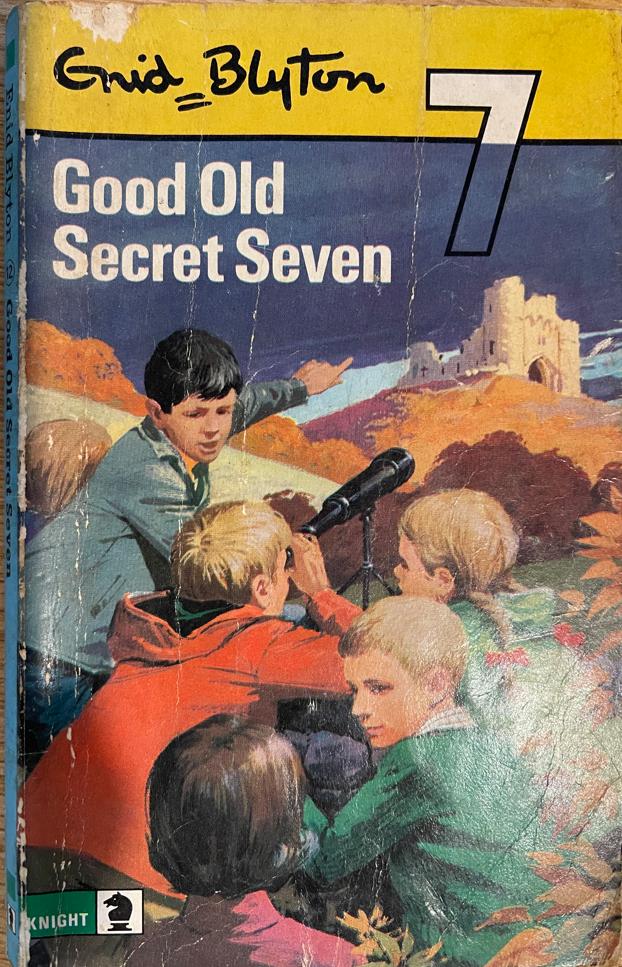It’s a Book, It’s a Podcast Episode, It’s Kismet
A bunch of geeks (native born, immigrants; Americans all) interviewing an Australian and a New Zealander/Australian/American (it’s complicated) set Yr. Obt. Svt. to immediately think of the title of this podcast (eh, I need to get more than one hobby), who then looked up the phrase and found that…it’s a travelogue of a New Zealander’s view of the USA, circa 1888. Seriously, what are the chances that the Mind of Cameron (often non compos mentis, invariably kind of wacky) and reality and a not half bad title smack up against each other? This podcast episode was destiny realized.
The point behind this (I have finally managed to get round to that) is that the ties between the Antipodes and the Americas are long standing. This may make our Cousins wince in recognition, but in my travels to their lands, I’ve been markedly struck by the similarities. Yes, of course different origins (although related), and different emphasis in politics and society, but not unrecognizably; culturally in outlook and aspirations, we are awfully alike. Okay, I think so, but do they?
What then is the value of a Culture Clash episode where people-who-are-practically-Americans (ahem) are interviewed by-people-who-are-practically-Aussies-and-Kiwis? I have noted that those who are closest and yet different are often the best observers, for they are alike enough to understand nuance but separate enough to not be blinded by a common mindset.
Richard (the man of a million or so legitimate passports) and Pete (just the one country, but Godzone) have lived/worked in the States. Just what are their perceptions? What are two very different (from the US-of-A) EPM markets like?
I should note that Pete got me the 2017 Best Kscope Essbase co-speaker award that I have always, always, always wanted. My oh my, did I want that, did I ever think I deserved it – yes, cruel ego as it was always unfulfilled – and I never did get it till Pete and I did a presentation on Hybrid Essbase. I will note that Pete has won multiple best speaker awards at Kscope, so I have a sneaking suspicion our joint award is 20% Cameron, 80% Pete but no matter, a win is a win. I should also note that Kscope 2017 was my last Oracle conference as a speaker, so it made the reward all the sweeter.
Richard graciously was my host at Flinders Uni way back in (I think) 2012 as part of an ODTUG conference tour of the Antipodes and facilitated (orchestrated?) an ODI/Essbase presentation at NZOUG. My primary memory of that trip (I was in a constant state of jet lag) was dinner with Richard and a bunch of attendees and being stared at as a Real Life American geek, not commonly seen in the wild, sitting there eating his plate of spag bol, feeling more self-conscious than usual were that possible. Oh well, I like to provide entertainment to all, no matter the cost.
Having the two of them on the show was and is a special treat.
Not For The Faint of Heart
For those of delicate disposition, easily offended by adult words, mortally insulted by honest, open, and frank conversation, I fear you must put on your big boy/girl pants and buckle up. We Americans, cultural descendants of the Puritans, beseeched our guests to tone down the language lest you, Gentle Listener, get a case of the vapors. They mostly complied, but You Have Been Warned. That takes care of the North Americans; the rest of the world won’t care.
Sensitivities aside, as always our guests are witty, insightful, and extremely interesting.



